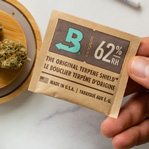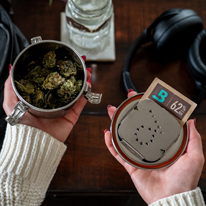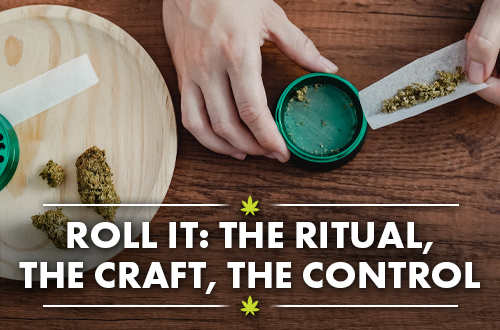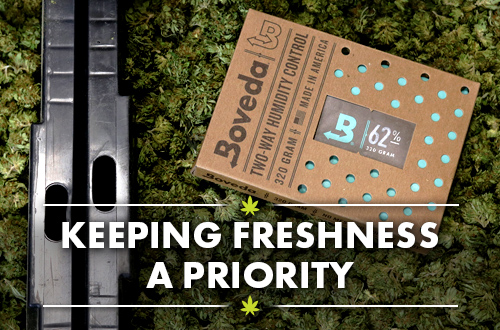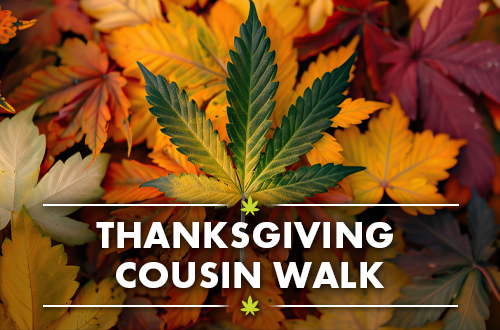What a monumental year it has been for the cannabis industry. Public perception is shifting on a plant that, until only recently, was demonized and devalued. Now people of all ages, backgrounds and political affiliations are discovering the positives of cannabis—from helping to eliminate childhood seizure disorders to boosting tax revenue in financially struggling states.
Here’s an overview of some of the biggest cannabis news stories of the year and their impact on the industry. 2019 promises to be the biggest year yet for this nascent market! And Boveda is thrilled to be a part of it.
FDA Approves First Cannabis-Derived Medication
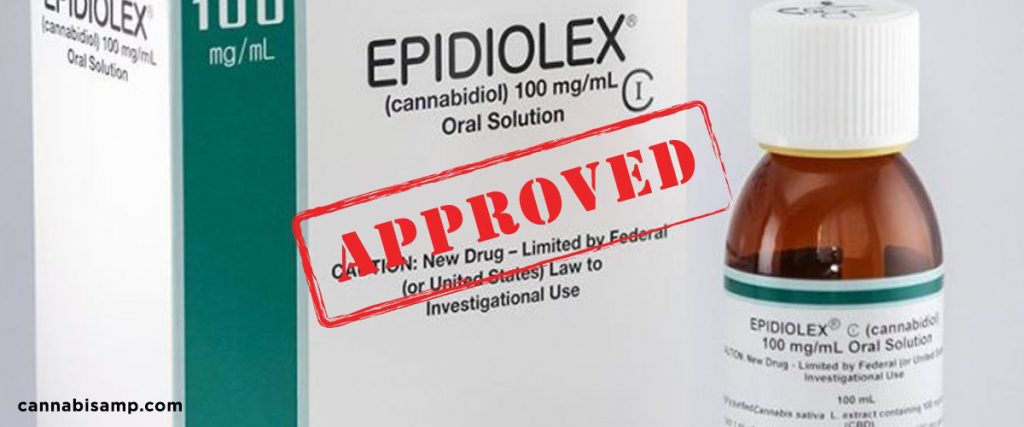
After years of clinical testing and much anticipation, the United States Food and Drug Administration (FDA) officially approved Epidiolex, an oral solution used to treat two severe forms of childhood epilepsy. UK-based GW Pharmaceuticals produces the medicine, which is made from cannabidiol (CBD) derivatives. Patient trials showed the drug had incredible efficacy in reducing seizure activity in people ages two and up. This approval led to increased interest in medical cannabis. Research and development budgets are steadily increasing across the board.
Global Cannabis Legalization Ramps Up, Canada Commences Adult-Use Cannabis Sales Nationwide
Interest in cannabis exploded around the world in 2018. Several countries in Europe, Latin America, Asia and South America approved medical cannabis. The UK will become one of the largest medical markets. Although South Korea was once anti-cann, the country may now approve medicinal cannabis. The Supreme Court of Mexico ruled that cannabis prohibition is unconstitutional. Mexico’s incoming president has already signaled support for reform, which will pave the way for nationwide legalization.
The biggest news this year is the adoption of adult-use cannabis sales in Canada. Prime Minister Justin Trudeau campaigned on the topic. The country’s government officially approved legalization in the spring. And on October 17, thousands of eager Canadians purchased cannabis at brick-and-mortar dispensaries or online through provincial shops. (Each province decided how they would handle distribution.) Many retailers ran out of product.
Michigan and Vermont Approve Adult-Use, Oklahoma, Missouri and Utah Approve Medical
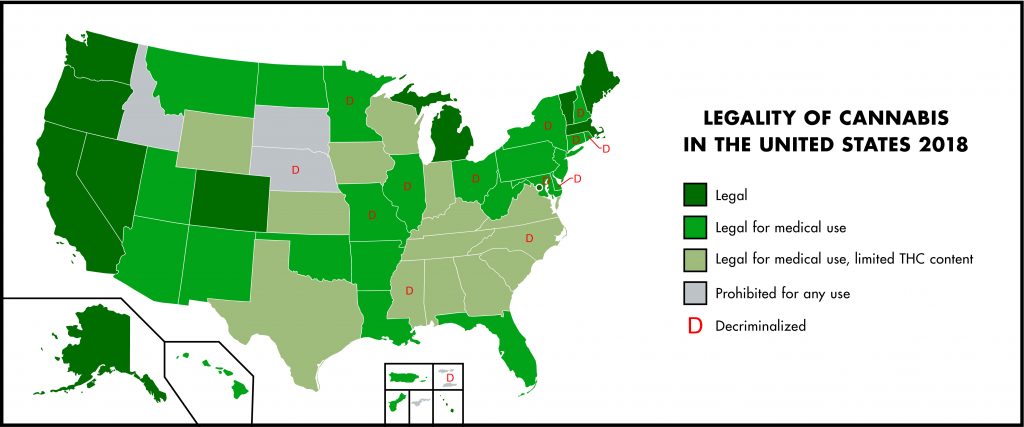
Cannabis reform advanced in United States, too. Five more states approved legalization of medical or adult-use. Vermont was the first state whose state legislature legalized cannabis. (Most states use ballot initiatives to ask voters to legalize flower.) During the midterm elections, voters in Michigan said “yes” to recreational sales. Meanwhile, residents of Oklahoma, Missouri and Utah voted to approve medical cannabis. Unfortunately, North Dakota failed to pass legal rec use at the midterms. The opposition outspent proponents 8-to-1.
Big Alcohol and Big Tobacco Make Record-Setting Investments in Cannabis Companies
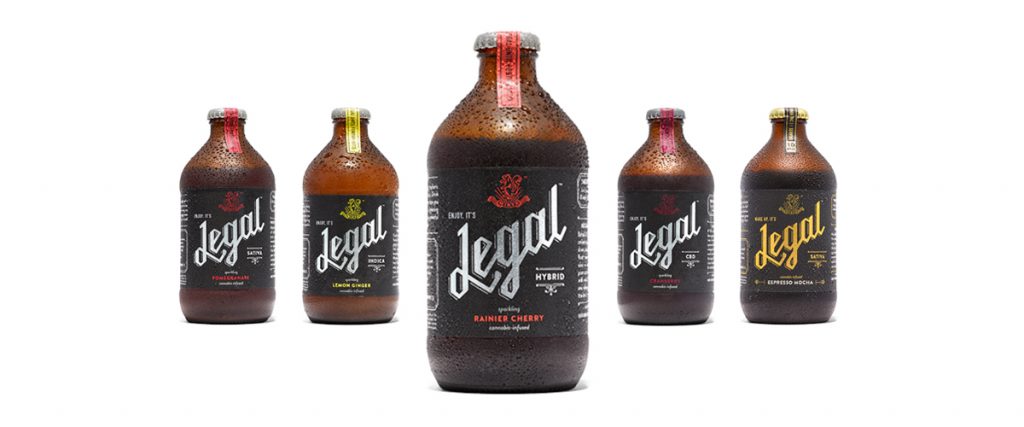
Investors know a good thing when they see it. In 2018, many of the biggest investments in the industry came from unlikely sources. Constellation Brands invested $4 billion in Canadian cannabis producer Canopy Growth. Constellation is the beverage behemoth behind Corona beer, Svedka vodka and Robert Mondavi wines. Recently AB InBev, makers of Budweiser, Labatt and Rolling Rock, announced a $100 million partnership with Canopy rival Tilray. The duo will develop non-alcoholic, cannabis-infused beverages.
Another player in the “if you can’t beat ’em, join ’em” category, Altria, one of the biggest tobacco companies in the world, invested $1.8 billion in The Cronos Group, another Canadian cannabis producer. Sales of nicotine products are down, particularly in states where cannabis is legal. The same is true for alcohol sales. A majority of cannabis consumers believe using cannabis is safer than drinking alcohol, according to a recent consumer survey conducted by New Frontier Data.
The Farm Bill is Signed into Law, Brings with it Hemp Reform
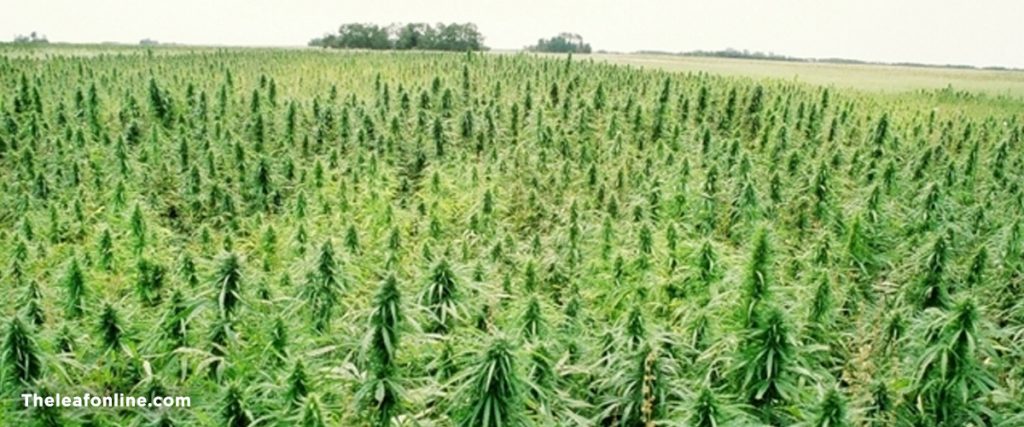
2018 closed with yet another victory for the cannabis industry. The signing of the massive U.S. Farm Bill included the Hemp Farming Act of 2018. Senator Mitch McConnell (D-KY) championed the legislation that effectively legalizes industrial hemp production in the United States. The law removes hemp, defined as containing less than 0.3% THC, from the Schedule I narcotics list. (Recreational cannabis remains on this list.) Hemp is used to make a plethora of products, from textiles to plastics. Hemp also typically contains high amounts of cannabidiol (CBD), a non-psychoactive cannabinoid that is becoming extremely popular as a treatment for a variety of illnesses and ailments. However, the FDA has asserted authority over CBD, stating that it is still illegal as a food additive and cannot be promoted as a medicine. Despite this, 2019 is expected to be a record-setting year for sales of CBD products nationwide.

By Rachelle Gordon
www.RachelleGordon.net
Rachelle Gordon is a Minneapolis-based freelance writer and educator in the cannabis space. She has dedicated herself to informing others about the powers of plant medicine after witnessing her father’s struggle with epilepsy (and subsequent stroke) in her childhood.
Rachelle’s posts are being provided for informational purposes only; they do not constitute an endorsement or an approval by Boveda of any of the products, services or opinions of Rachelle. Boveda bears no responsibility for the accuracy, legality or content of this post or links to the posts. Contact Rachelle Gordon for answers to questions regarding her content.

